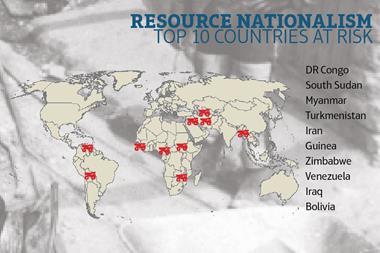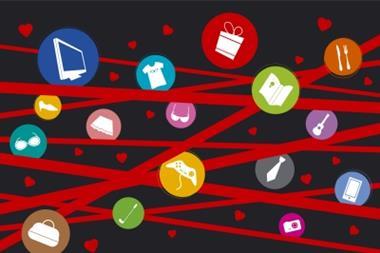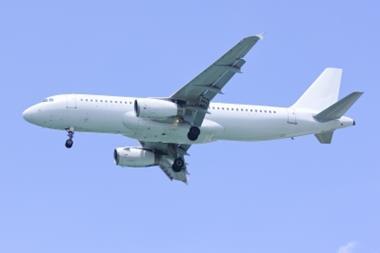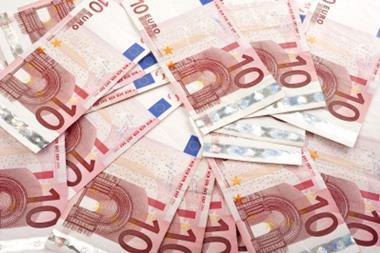New sanctions have been issued against Iran and Libya. See what other countries are affected and how these measures could impact your business
The international community recently increased sanctions against Iran and Libya. Economic sanctions are aimed at countries, such as North Korea or Iran, that are on the edges of the international community. They are designed to neutralise key threats by undermining transport and financial systems.
From a risk management perspective a whole range of international businesses can find themselves caught up in sanctions through their own operations or links to subsidiaries and suppliers.
As the number of sanctions increases in countries like Iran and Libya (see our recent updates here) so does the chance that businesses will inadvertently break them. Breaking sanctions can have serious financial and reputational consequences.
Barclay’s bank was fined $298m in 2010 by the US Department of Justice for processing criminal funds. The Guardian reported that the British bank handled “hundreds of millions of dollars in clandestine transactions with banks in Cuba, Iran, Libya, Sudan and Burma.”
But some banks are still unwilling to exit profitable relationships when there appears to be an unacceptable risk of handling the proceeds of crime according to a recent review by the Financial Service Authority (FSA.).
Three quarters of the banks sampled by the FSA failed to take adequate measures to establish the legitimacy of the source of their customers’ wealth.
Companies need to be aware of exactly who they are working with as non-compliance with sanctions is a criminal offence as well a serious reputational issue. “Most things go through banks, so they are a fairly good place to catch on to something that should not be going on. But compliance with sanctions has to be far wider than the banking industry,” said Andrew Yuille of World Check, a risk intelligence organisation.
“You have to know who is on a sanctions list to check that they’re not a customer that might present an issue – but by the time an organisation or individual has been sanctioned, it’s almost too late. It’s better to have an early warning system so that you can see who is likely to end up on a sanction list and avoid having them as a client to start off with,” explained Yuille.
In order to avoid dealing with sanctioned institutions companies need to be extremely diligent. See our world map below (sanctioned countries are in red).
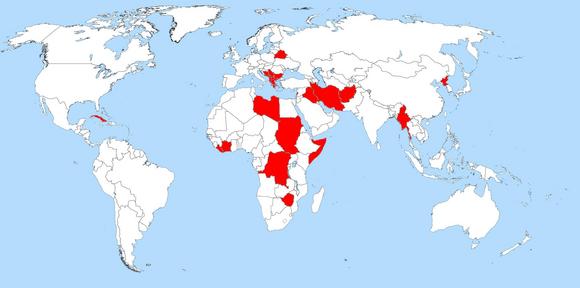
To avoid dealing with sanctioned countries, Airmic’s technical director, Paul Hopkin suggested that risk managers employ the same techniques that they use to ensure an ethical supply chain, e.g. carfeul monitoring and due diligence.
Risk managers need to understand how to avoid becoming embroiled in sanctions as well as the interdependency that sanctions have with other risks. For example, sanctions can increase the likelihood of civil unrest as they put pressure on local resources. In addition, sanctions against important oil producing countries can disrupt supply and lead to business disruption.
See the factfile below for a list of countries that have significant economic sanctions.
Countries or regions that have US or UN sanctions
*Afghanistan
*Balkans
*Belarus
*Burma
*Ivory Coast
*Cuba
*Democratic republic of Congo
*Iran
*Iraq
*Lebanon
*Liberia
*Libya
*North Korea
*Somalia
*Sudan
*Zimbabwe





